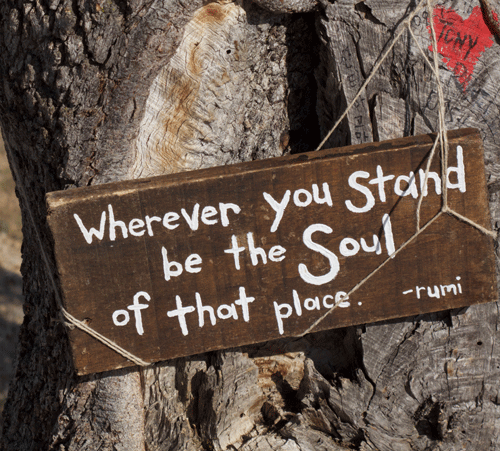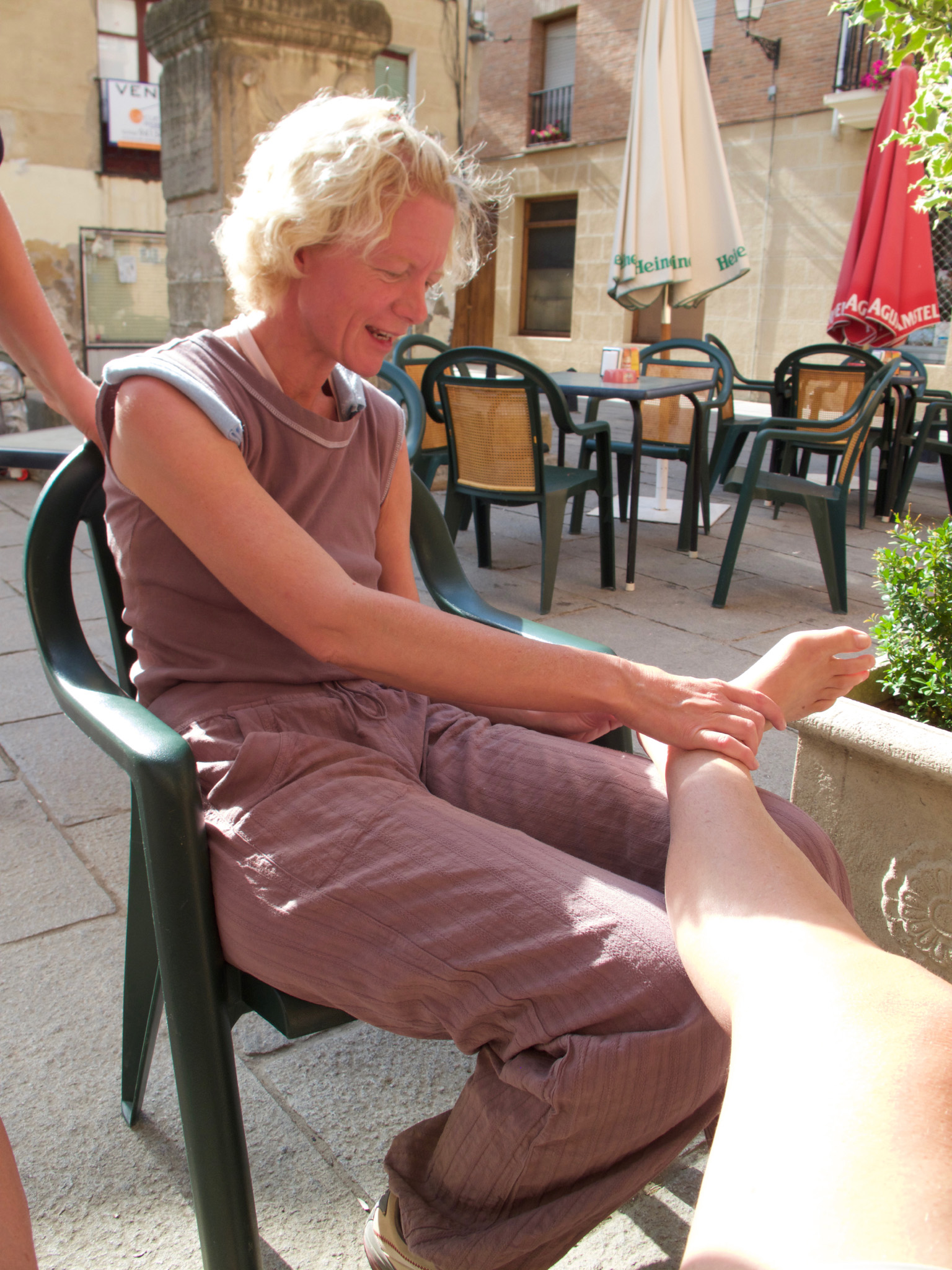THE UNEXPECTED GIFT OF HUMBLE SERVICE
Thus says the Lord:
Do not remember the former things,
or consider the things of old
I am about to do a new thing;
now it springs forth, do you not perceive it?
Isaiah 43.19
Isaiah’s words are true, so true. God is always doing a new thing in our lives, even when we don’t perceive it. I’m living proof, and I’m grateful to all of the caring friends and generous strangers that have helped Emily and me make sense of our new reality — a life complicated by dementia.
I’m discovering that since I can’t return to the past, and since I can’t predict or control the future, I have to live in the here-and-now. And when I live in the moment, I’m fairly content and calm. Thus, I’m finally coming to understand why Jesus said, “Do not worry about tomorrow, for tomorrow will bring worries of its own.”
I also think that’s why, in the Gospel readings leading up to Holy Week and Easter, Jesus affirmed Mary’s decision to wipe his feet with an extremely valuable ointment. She seemed to understand the virtue and value of being present to the moment. This act was particularly notable when we consider how dusty and dirty Jesus’ sandal-clad feet must have been. He then went on to wash the feet of his disciples, an extraordinary act of servanthood and hospitality. It’s possible, even, that Jesus washed Mary’s feet in return, based on what we know about Jesus’ equal treatment of men and women.
During Holy Week, Christians everywhere participate in ritual foot washing as part of their Maundy Thursday celebrations, commemorating the last supper and following Jesus’ example of generous and humble service.
In 2009, Emily and I walked the Camino de Santiago together. I’ll never forget the woman we met along the road, who was walking at a very fast pace (as she had a limited amount of time to finish her journey) but stopped and tended to my blistered and bruised feet, massaging them with a rich, healing balm, caring for me just as Mary did for Jesus.
Over the past two years, such acts of humble service and kindness have become an unexpected gift of living and traveling with dementia. The physical therapist in L.A. who voluntarily spent two and a half hours teaching me how to safely navigate stairs and maintain my strength as the disease progresses. The person who made special arrangements so I will always have a place to swim laps. Friends and strangers who send books, share articles and include us on their prayer lists. Even the airline staff who respond with patience and compassion when I become anxious and overwhelmed in busy airports.
What if each one of us decided to treat each other as precious gifts, seeking to serve one another humbly, recognizing that each of us is a manifestation of God’s Spirit and an integral part of Christ’s Body?
What a grand celebration life would be.

